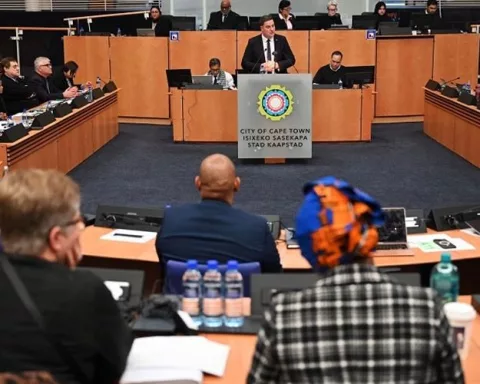The City of Cape Town recently announced plans to invest R130 million in property development of over 9,000 square meters along New Market Street in the central business district (CBD). This project aims to address the city’s housing crisis by creating more affordable housing spaces.
Efforts to Generate More Affordable Housing Spaces
Councillor Carl Pophaim, the Mayco member for human settlements, revealed that the City has approximately 6,500 social housing opportunities in progress. In the past five years, Cape Town has released 32,666 square meters for social housing and acquired over 900 hectares of land for integrated human settlements development.
Achieving Milestones with the Mayoral Programme for Accelerated Land Release
The Mayoral Programme for Accelerated Land Release has achieved significant milestones, with five inner-city land parcels totaling more than 1,300 housing units. Councillor Pophaim urged private sector partners to collaborate with the City to enhance Cape Town’s social fabric and improve local neighborhoods.
Partnership Project for Affordable Housing
The partnership project between the City and the private sector aims to create approximately 500 well-located units, with 200 designated for subsidized social housing rental units. The R103 million land release showcases the City’s commitment to providing affordable housing for individuals earning below R22,000 per month.
Benefits of Affordable Housing Projects
These developments not only offer affordable housing opportunities but also rejuvenate neighborhoods, counteract gentrification, and reverse urban center trends to provide moderate to low-income residents with well-located options. Additionally, these housing projects act as catalysts for meaningful economic growth within the local communities.
Social Housing Policy
The Social Housing Policy targets households with a gross monthly income ranging between R1,850 and R22,000. Accredited social housing institutions (SHIs) are responsible for managing the policy, relying solely on rental income without operational grants. By servicing their debt through rental income, SHIs can ensure the sustainability of affordable housing projects.
Impact on the City’s Landscape
The tender submission deadline for this project is set for October 16, 2023, at 10 am. As Cape Town takes decisive steps towards addressing the housing crisis in the urban center, this partnership project with the private sector is expected to create a significant impact on the city’s landscape. By offering affordable, well-located housing opportunities, the City of Cape Town is paving the way for a more inclusive and vibrant urban environment.












